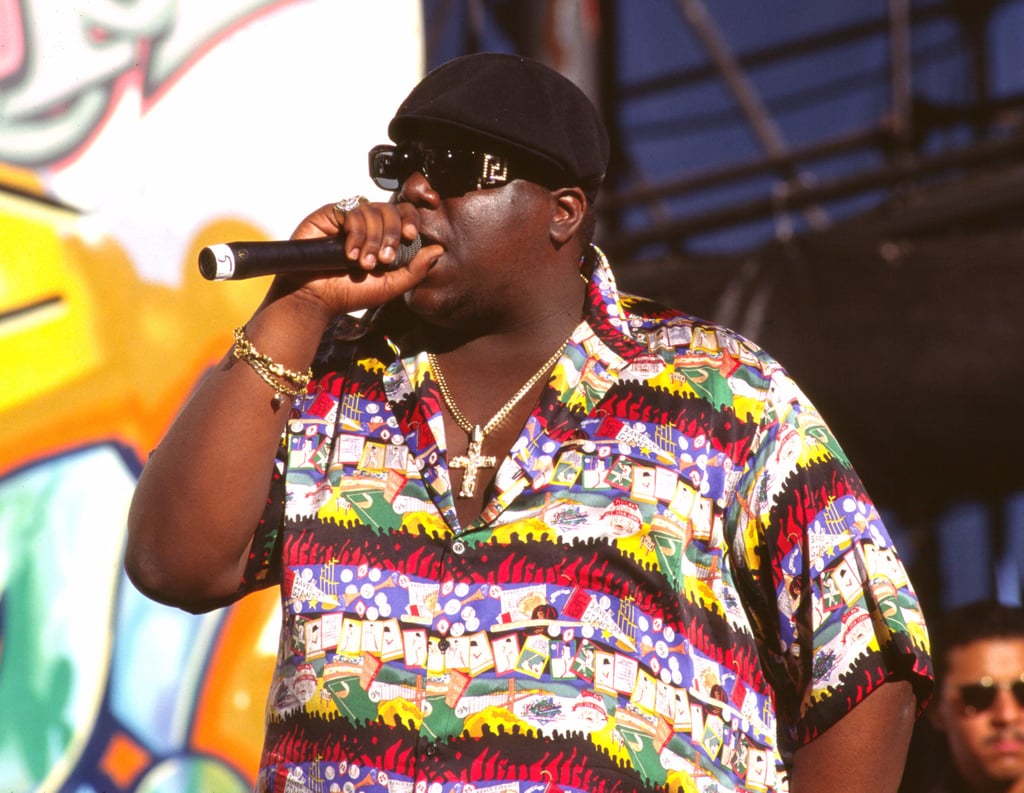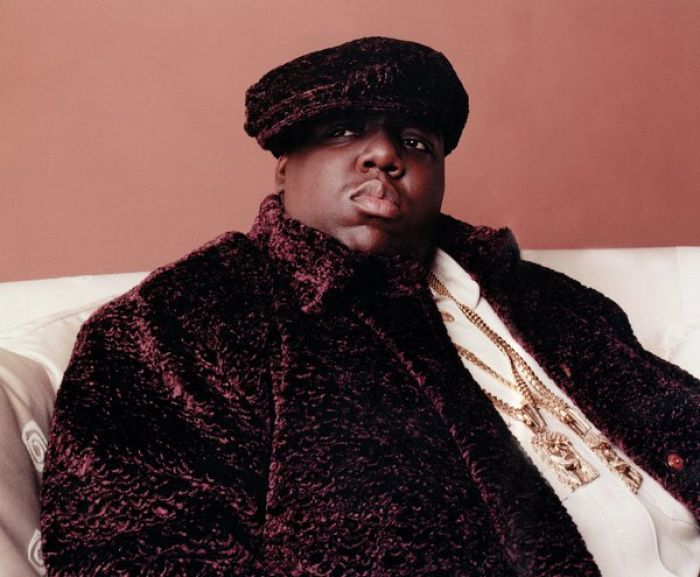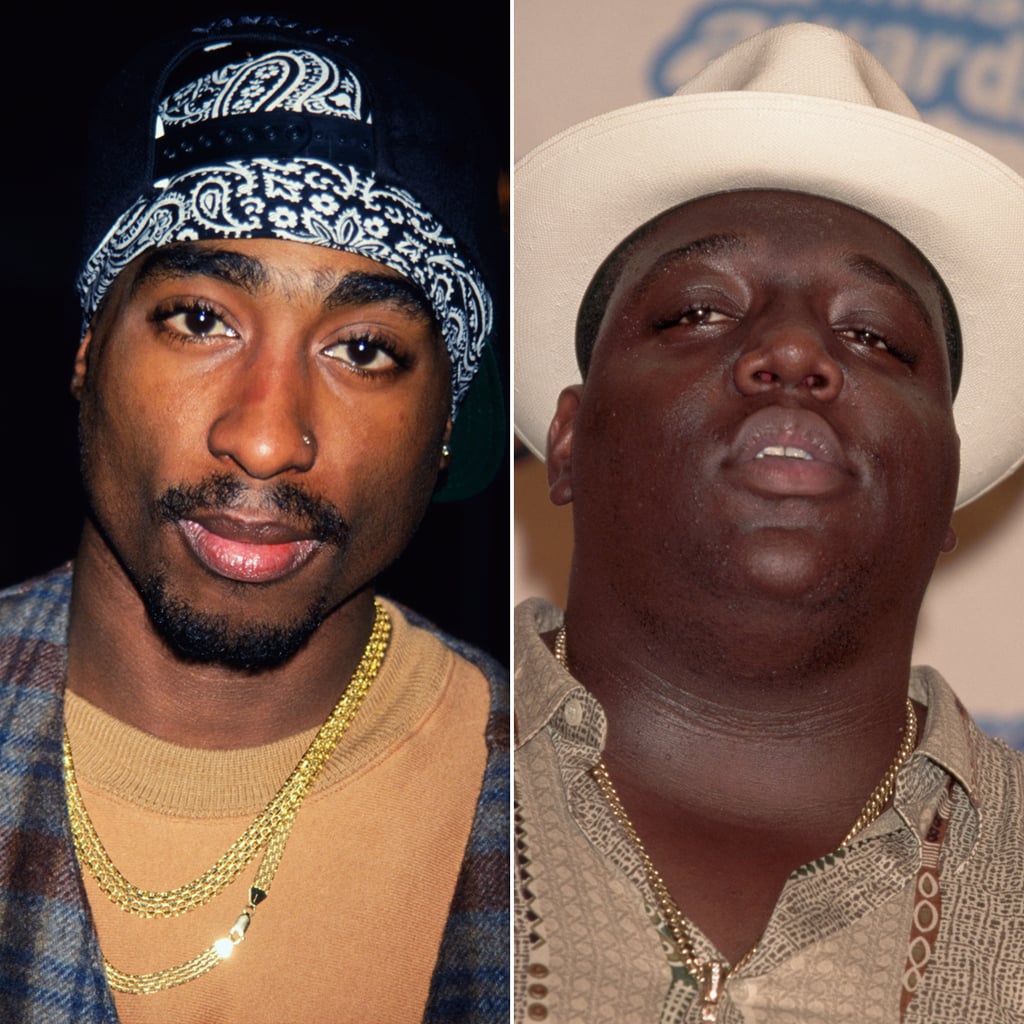On March 9, 1997, the world lost one of its most iconic rap legends when The Notorious B.I.G., also known as Biggie Smalls, was tragically killed. The event shocked the music industry and left fans around the world in disbelief. How did Biggie die? This question has been the subject of much speculation and investigation over the years. In this article, we will delve deep into the circumstances surrounding his death, exploring the facts and separating them from the myths.
Biggie's death remains one of the most infamous moments in hip-hop history. It not only marked the end of an era but also highlighted the darker side of the music industry during the 1990s. As we explore the events leading up to his death, we will uncover the truth behind the tragedy that claimed the life of one of the greatest rappers of all time.
This article aims to provide a comprehensive understanding of the events surrounding Biggie's death, including the theories, investigations, and the lasting impact on the hip-hop community. We will also examine the legacy he left behind and the influence he continues to have on modern music.
For a better navigation experience, here is the table of contents with clickable links:
- Biography of The Notorious B.I.G.
- Circumstances Surrounding Biggie's Death
- Theories About Biggie's Death
- The Investigation into Biggie's Death
- Gang Rivalry and the Murder
- East Coast vs. West Coast Rivalry
- Biggie's Legacy
- Impact on the Hip-Hop Industry
- Conspiracy Theories Surrounding Biggie's Death
- Conclusion
Biography of The Notorious B.I.G.
Before diving into the details of how Biggie died, it is essential to understand the man behind the legend. Christopher George Latore Wallace, better known as The Notorious B.I.G., was born on May 21, 1972, in Brooklyn, New York. He grew up in the tough neighborhood of Bedford-Stuyvesant, where he was exposed to the harsh realities of urban life from an early age.
Data and Biodata
| Full Name | Christopher George Latore Wallace |
|---|---|
| Born | May 21, 1972, Brooklyn, New York, U.S. |
| Died | March 9, 1997 (aged 24), Los Angeles, California, U.S. |
| Occupation | Rapper, songwriter, actor |
| Years Active | 1993–1997 |
| Genres | Hip-hop, East Coast hip-hop |
Biggie's journey from the streets of Brooklyn to becoming a global music icon is a testament to his talent and resilience. His debut album, "Ready to Die," released in 1994, showcased his lyrical prowess and established him as one of the leading figures in the hip-hop world.
Circumstances Surrounding Biggie's Death
The events leading up to Biggie's death are crucial in understanding the context of his tragic end. On the night of March 9, 1997, Biggie attended a music industry party in Los Angeles celebrating the Soul Train Music Awards. After leaving the event, he was riding in a chauffeur-driven SUV when a black Intruder motorcycle pulled up beside the vehicle.
The SUV was stopped at a red light on Wilshire Boulevard when the motorcycle rider opened fire, shooting Biggie multiple times. Despite being rushed to a nearby hospital, he succumbed to his injuries and was pronounced dead shortly after.
Theories About Biggie's Death
Over the years, numerous theories have emerged regarding the motives behind Biggie's murder. Some suggest it was related to the infamous East Coast vs. West Coast hip-hop rivalry, while others point to gang affiliations and personal vendettas.
Gang Affiliations
One theory links Biggie's death to his association with the Bloods gang. It is believed that the Crips, a rival gang, may have been responsible for the assassination. However, this theory remains unproven and speculative.
Personal Vendettas
Another theory suggests that Biggie's murder was a result of personal conflicts with individuals in the music industry. These conflicts may have stemmed from business disputes or personal disagreements.
The Investigation into Biggie's Death
The investigation into Biggie's death has been one of the most high-profile cases in criminal history. Despite numerous leads and investigations, the case remains unsolved. Law enforcement agencies have pursued various leads, including gang connections and insider information, but no definitive conclusion has been reached.
Some key figures involved in the investigation have come forward over the years, offering new insights and potential leads. However, the lack of concrete evidence has hindered any substantial progress.
Gang Rivalry and the Murder
The role of gang rivalry in Biggie's death cannot be overlooked. During the 1990s, gang activity was rampant in many urban areas, and the music industry was not immune to its influence. Biggie's involvement with the Bloods gang may have placed him in the crosshairs of rival factions.
While the exact nature of his gang affiliations remains unclear, it is evident that gang culture played a significant role in the events leading up to his death. This aspect of the case continues to be a focal point for investigators and theorists alike.
East Coast vs. West Coast Rivalry
The East Coast vs. West Coast hip-hop rivalry is often cited as a contributing factor to Biggie's death. This rivalry, fueled by tensions between artists from both coasts, reached its peak during the mid-1990s. The infamous feud between Biggie and Tupac Shakur became a symbol of this divide.
While the rivalry itself may not have directly caused Biggie's death, it certainly created an environment of tension and mistrust within the music industry. This atmosphere may have contributed to the circumstances that ultimately led to his tragic end.
Biggie's Legacy
Despite his untimely death, Biggie's influence on the hip-hop industry remains unparalleled. His unique style and lyrical ability have inspired countless artists and continue to resonate with fans around the world. Albums like "Ready to Die" and "Life After Death" are considered classics and are celebrated for their depth and authenticity.
Biggie's legacy extends beyond his music. He is remembered as a symbol of resilience and determination, overcoming the challenges of his upbringing to achieve greatness. His story serves as an inspiration to aspiring artists and fans alike.
Impact on the Hip-Hop Industry
The death of Biggie had a profound impact on the hip-hop industry. It highlighted the dangers of gang culture and the destructive nature of rivalries within the music world. In response, many artists and industry figures began advocating for peace and unity within the hip-hop community.
Efforts to bridge the gap between East Coast and West Coast artists have been ongoing, with collaborations and joint projects becoming more common. This shift towards collaboration and mutual respect has helped to heal some of the wounds caused by the rivalry of the 1990s.
Conspiracy Theories Surrounding Biggie's Death
No discussion of Biggie's death would be complete without addressing the numerous conspiracy theories that have emerged over the years. Some suggest that law enforcement agencies were involved in the assassination, while others point to shadowy figures within the music industry.
While these theories are intriguing, they lack substantial evidence and remain speculative. It is important to approach such claims with skepticism and rely on credible sources for information.
Conclusion
The tragic death of The Notorious B.I.G. remains one of the most significant events in hip-hop history. Through this article, we have explored the circumstances surrounding his death, the theories and investigations, and the lasting impact he has had on the music industry.
As we remember Biggie, let us celebrate his life and the incredible contributions he made to the world of music. We invite you to share your thoughts and insights in the comments section below. Additionally, feel free to explore other articles on our site to learn more about the fascinating world of hip-hop and its legends.
Thank you for reading, and may Biggie's legacy continue to inspire future generations of artists and fans alike.


